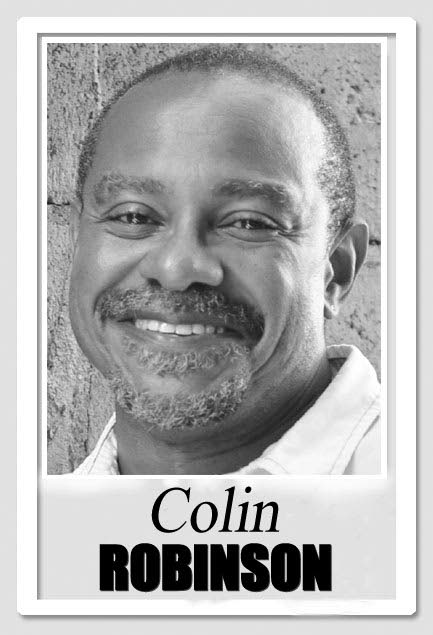The values we’ve lost

I still haven’t tuned in to TTT. I’m afraid of heartbreak. Since Gayelle TV became something unrecognisable, and Radio Trinbago sold the 94.7 frequency to Star, I hardly consume local content any more. Well, other than Parliament channel/radio which, along with the entire communications shop at the Parliament, is a national treasure.
Most of what passes for local content on our airwaves, if it isn’t people with freshwater accents praising Jesus, it’s the most uninformed people sharing the most careless or baseless speculation or narrow vision, or provoking drama.
Being a guest on talk radio is bad enough, Garth Christopher reminded me this week, creating the most toxic 90 minutes of the thousands I’ve spent on air. I shouldn’t have to listen to it too.
But in the car, running errands on the weekend, my presets have often taken me into the Kaiso Kafe with my old schoolteacher. And that is how one weekend I stumbled on a discussion between Jude Campbell and Sprangalang.
I remember spending an entire hour in a radio studio with Sprang and his team of co-hosts, and him having had exactly two things to say on air. But the way Sprang plays ole mas with language, I could listen to him for hours. Sprang has an inventiveness of word that I have seen in only one other comic since—year-before-last’s transgender nine-days-wonder, Rankin Kia Boss. In one of her “Lives,” with the iconic white chair, she gave us the characterization for someone arriviste as being “from From.”
Sprang’s mercurial inconsistency makes his philosophising often come up short—but oh when he pops a kernel of insight. Even as much as he puts his finger (or tongue) so artfully on so much about us, as I listen to him I recognise how fundamentally differently we see the world.
I agree with almost nothing I’ve ever heard Jude Campbell say. His politics and mine are radically different. But to his enormous credit, he’s a breath of fresh air locally when it comes to trying to ground his political commentary and worldview in some evidence or knowledge. The trademark of a Trini on-air personality is you’re not supposed to be even mildly curious to verify anything you decide to say over the airwaves because, well, it just entered your brain—even if doing so is really, really easy.
So there I was driving in the car at dusk, listening to these two very different kinds of conservatives—one with an ideological zest I found schoolboyish; the other a cynical old man. And really wanting to talk back to the radio with a passion.
They were talking about inequality. And asking whether crime is a product of its explosion in a very small place. Or whether (as we always fall back to in our panic over failing authority) criminality is the result a kind of wotlessness, a moral failure. And then they used the word—a loss of values. And by the time Jude had proposed that if we hadn’t provided assistance to women to mind the children they had in sequence out of wedlock, they’d have stopped having them, I was screaming into the darkness of the car, asking what those values were. Screaming why we don’t punish the men who had the children too so they would stop; at least the women were minding them.
But what I really wanted was to have a loud national conversation about these “values” that two of the brightest social commentators on our airwaves had just lapsed into uncritically. Just what are they? The value of knowing one’s place and accepting indignity? The value of being respectable no matter what, and upholding authority despite it being good to you for nothing but injustice.
The values I lament that we most sorely lack—and not that we ever had them—are different ones. They are the values of justice and dignity and empathy. Those are the values I wish we would talk about restoring. They are nowhere evident in how we govern. They are values our administrative and educational systems are built to violate. Values our economic, ethnic and political tribalism runs directly counter to. Values that would certainly make crime go away.
They are values missing in our language of nationhood, which is wrapped up in ideas about striving and loyalty and pride. When people invoke our Constitution, it is to call attention to its reference to the supremacy of a Levitical God and to the foundation of freedom being “moral and spiritual values.” But we overlook other bold words in-between those about “the dignity of the person,” “principles of social justice,” that our economic system should distribute resources “to subserve the common good” and “adequate means of livelihood for all,” opportunity based on “merit, ability and integrity,” and that all should “play some part in the institutions of the national life.” Boss values!


Comments
"The values we’ve lost"